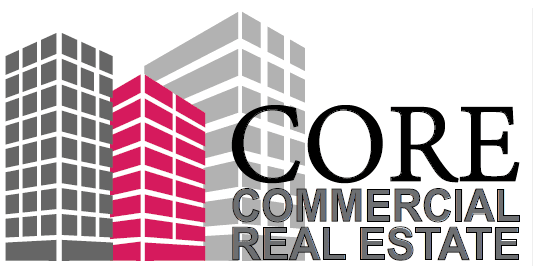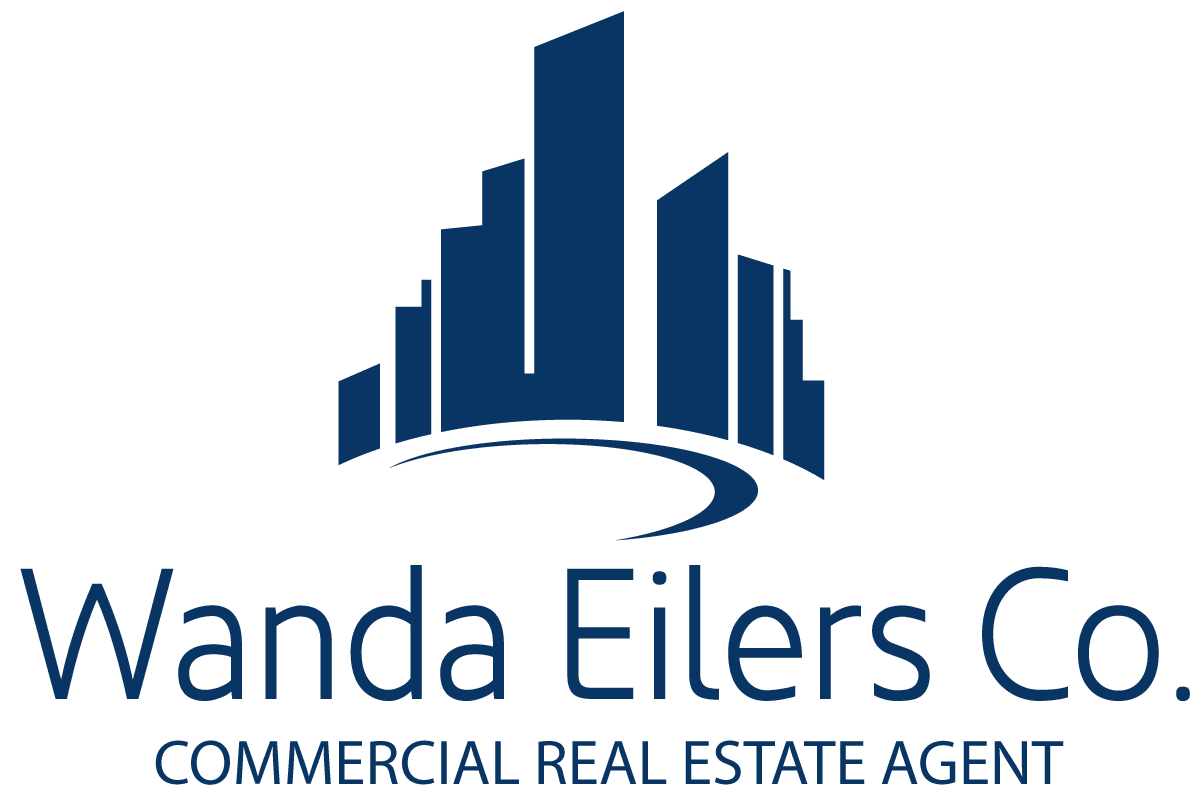When leasing a commercial space, whether for an office, industrial facility, or retail storefront, the lease agreement is a critical document. It outlines your rights, responsibilities, and the terms of your tenancy. To avoid potential pitfalls, it’s essential to know what to look for before signing the dotted line. Here’s a user-friendly checklist to guide you through the key elements of a commercial lease:
1. Lease Term and Renewal Options
- What to check: How long is the lease, and is there an option to renew? Most leases run for 3 to 5 years, but every business has different needs.
- Why it matters: You don’t want to be stuck in a long-term agreement if your business needs change. Look for flexible renewal terms or shorter leases if you’re uncertain about long-term plans.
2. Rent and Rent Escalation Clauses
- What to check: How much is the rent, and how often will it increase? Does the agreement clearly outline rent escalation (increases)?
- Why it matters: Many commercial leases have annual rent increases based on inflation or market conditions. Make sure you understand how much your rent will go up and that the terms are reasonable for your budget.
3. Operating Expenses (Common Area Maintenance Fees)
- What to check: Are there additional fees for operating expenses like building maintenance, utilities, or property taxes?
- Why it matters: These hidden costs, often called CAM (Common Area Maintenance) fees, can significantly increase your monthly expenses. Ensure you’re aware of all extra costs beyond rent and that they’re clearly itemized in the agreement.
4. Tenant Improvements and Build-Outs
- What to check: Can you make changes to the space? Who will cover the cost of renovations or improvements?
- Why it matters: Some landlords offer a tenant improvement allowance (TIA) to help cover the cost of making the space fit your business needs. Make sure it’s specified how much they will contribute and what changes are allowed.
5. Maintenance and Repairs
- What to check: Who is responsible for repairs and upkeep of the space? Is there a clear distinction between what the landlord handles and what you, as the tenant, must cover?
- Why it matters: Maintenance responsibilities can add up quickly. Clarify who handles everything from HVAC repairs to plumbing, as well as who is responsible for regular upkeep.
6. Subleasing and Assignment
- What to check: Does the lease allow you to sublease the space or assign the lease to another business if necessary?
- Why it matters: Business circumstances can change, and you might need to vacate the space early. Subleasing gives you flexibility, while assignment lets you transfer your lease to another party. Ensure these options are available to you if needed.
7. Permitted Use of the Space
- What to check: Does the lease specify what type of business activities are allowed in the space?
- Why it matters: Some leases restrict certain uses or business types. Ensure that your intended business activities are permitted to avoid potential legal issues down the road.
8. Signage and Branding
- What to check: Are you allowed to put up signs or branding on the building or property? If so, are there any restrictions on size, location, or design?
- Why it matters: Visibility is crucial for retail businesses and some office-based companies. Ensure the lease includes the right to install signage that aligns with your brand and attracts customers.
9. Exit Clauses and Early Termination
- What to check: Is there an option to exit the lease early, and under what conditions? Does the agreement include penalties for early termination?
- Why it matters: Life happens, and businesses change. Having a clear exit strategy without excessive penalties can save you from financial stress if you need to relocate or close your business early.
10. Insurance Requirements
- What to check: What types of insurance are required under the lease, such as liability or property insurance? Is the landlord covered, or do you need additional policies?
- Why it matters: Insurance is critical for protecting your business and the property. Understand what’s required, so you’re not caught off guard with unexpected costs.
Bonus Tip: Get Legal Advice
Commercial leases can be complicated, and every detail counts. It’s always a good idea to consult with a legal professional or a tenant representative (like Wanda Eilers) who specializes in commercial leases. They can help review the agreement to ensure it’s fair and protects your interests.
By following this checklist, you’ll be better prepared to negotiate a commercial lease that works for you—keeping your business protected and setting you up for success in your new space. Happy leasing!


